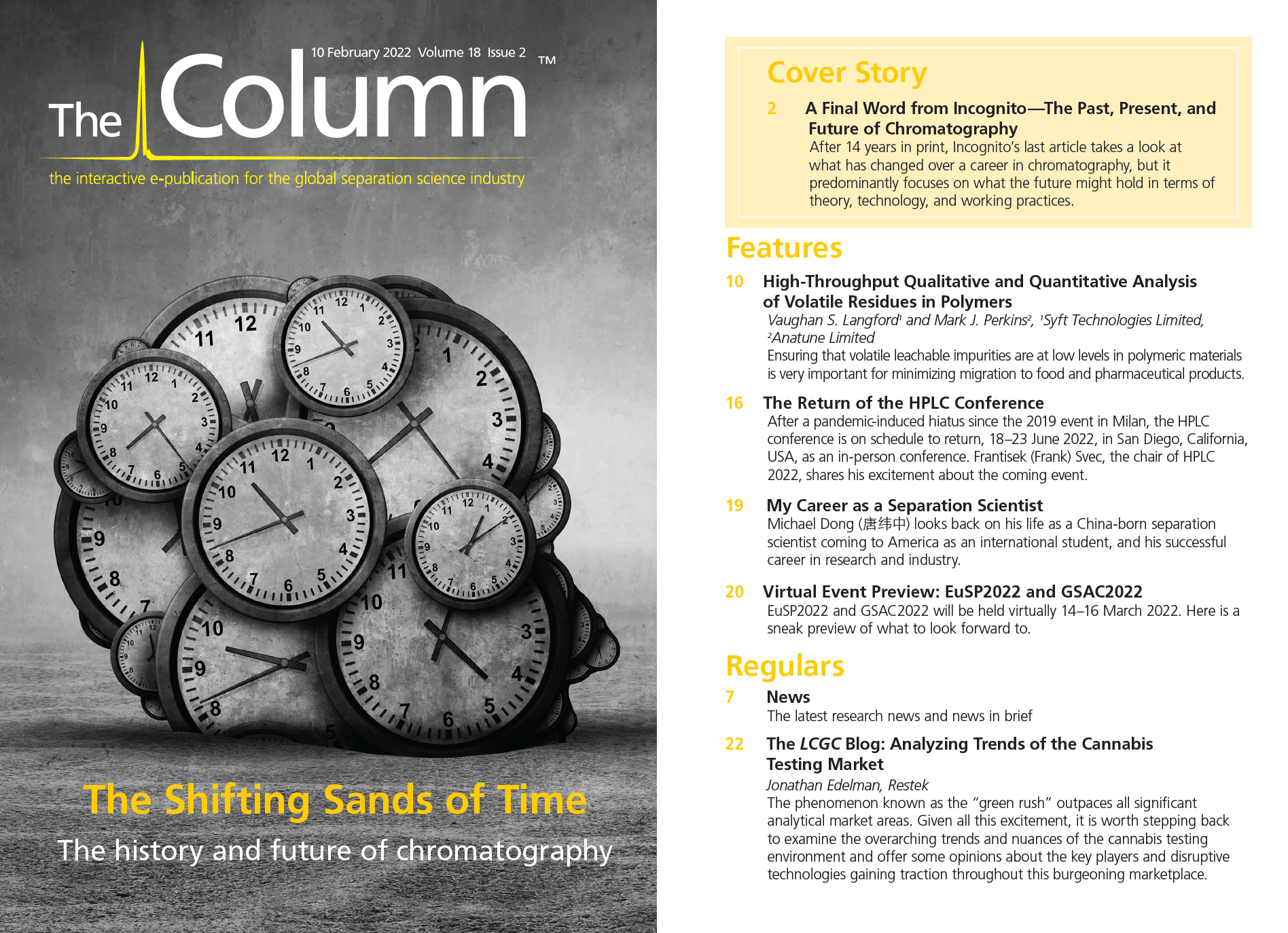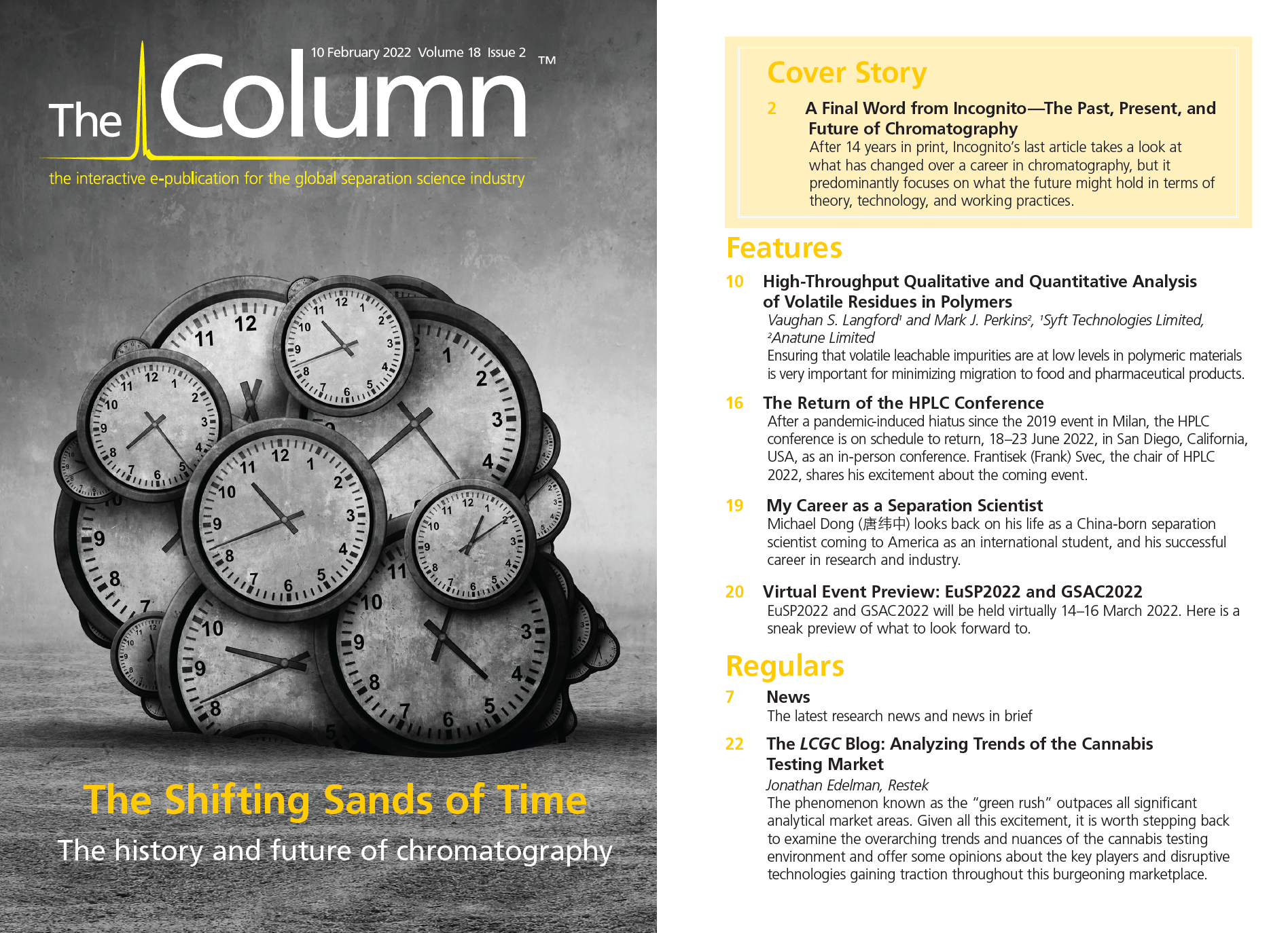Thermo Fisher Announces PeproTech Acquisition
Thermo Fisher Scientific Inc. (Waltham, Massachusetts, USA) has completed the acquisition of PeproTech, Inc. (New Jersey, USA), a developer and manufacturer of recombinant proteins, for a total of approximately $1.85 billion.
PeproTech is a privately held provider of bioscience reagents known as recombinant proteins, including cytokines and growth factors. Recombinant proteins are used in the development and manufacturing of cell and gene therapies as well as in broader cell culture applications, especially for use in cellular research models.
“PeproTech will be an excellent strategic fit within our biosciences business and will allow us to even better serve our pharma and biotech customers by adding new capabilities to our existing offering,” said Marc N. Casper, Chairman, President and Chief Executive Officer of Thermo Fisher Scientific.
PeproTech will become part of the biosciences business within Thermo Fisher and will be integrated into the Life Sciences Solutions Segment.
For more information, please visit: https://corporate.thermofisher.com

HPLC 2025 Preview: Fundamentally Speaking (Part 1)
May 13th 2025Michael Lämmerhofer from the Institute of Pharmaceutical Sciences, University of Tübingen, Germany, spoke to JFK Huber Lecture Award winner of 2024 Torgny Fornstedt, professor in analytical chemistry and leader of the Fundamental Separation Science Group, Karlstad University, Sweden, about his pioneering work in high performance liquid chromatography (HPLC) with a focus on fundamentals and industrial applications.
Reversed-Phases for LC Deliberately Doped with Positive Charge: Tips and Tricks for Effective Use
May 13th 2025In this month's edition of LC Troubleshooting, Dwight Stoll and his fellow researchers discuss both the benefits (improved peak shape/loading) and challenges (excessive interaction) associated with charge-doped reversed-phase (RP) columns for both analytical and preparative separations.
Determining Ways to Protect Honeybee Colonies with GC–MS
May 13th 2025A study conducted by the Agriculture Research Centre of Giza, Egypt, and Jilin Agricultural University in China, evaluated the efficacy of stinging nettle extract, nettle smoke, and formic acid in the controlling of Varroa mites, a major threat to honeybee colonies, with a focus on mite infestation reduction, honeybee mortality, and biochemical responses. Gas chromatography–mass spectrometry (GC–MS) was used to identify key bioactive compounds in the stinging nettle extract.

.png&w=3840&q=75)

.png&w=3840&q=75)



.png&w=3840&q=75)



.png&w=3840&q=75)















